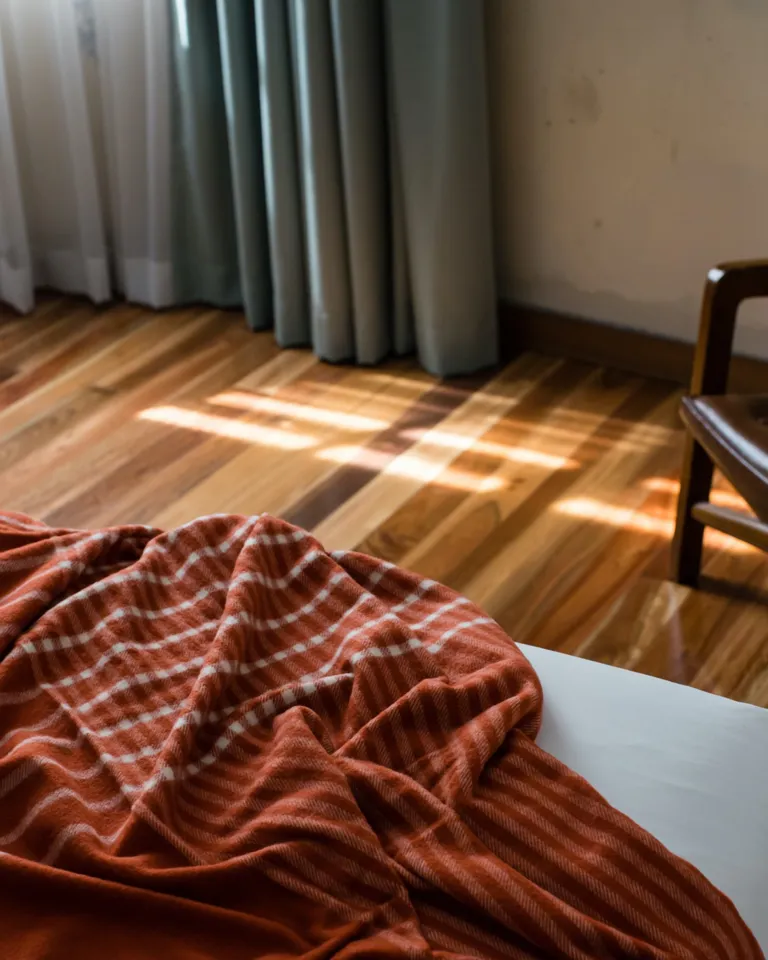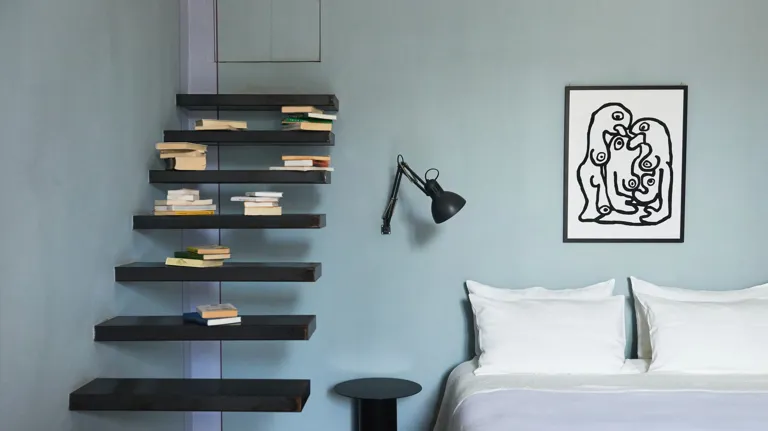
Words Farah ShafiqDate 04 January 2022
Back in 2019, we took a deep-dive into the subject of sleep from the perspective of an insomniac, who tried every sleep aid going, before settling upon one old-fashioned remedy that we highly approve of—a good hotel room. Fast-forward to now and we’ve all lived through a global pandemic, emerging on the other side with a distinct longing for hotel rooms and, as studies have shown, more deprived of quality sleep than ever.


Enter Dr. Sophie Bostock, aka the sleep scientist, a highly experienced advocate for the importance of sleep. From her Tedx talks to IGTV videos and Youtube series ‘The Sleep Toolkit’—which tackles topics such as how to fall back to sleep when restless, how sex impacts sleep, and the proven scientific benefit of a bath before bed—Bostock’s knowledge on leveraging sleep to improve performance, health, and wellbeing is a tired person’s dream come true.
To recap, the three main factors that affect sleep are our circadian rhythm (internal body clock), sleep pressure (the unconscious biological response that makes us want to go to sleep), and stress. All three work independently, so improvements to any one of them should in turn enhance your sleep.
Here, Bostock shares her best advice to help you achieve your most restful nights and energized days.
Your sleep environment should be dark (think pitch black), cool (around 18C), uncluttered (low stress), and comfortable. The ideal emotions for bed are to feel happy, calm, and safe. By day, we want as much natural light as possible, so work by a window if you can.
Get active, get outdoors, and eat a healthy, natural diet.



Set an alarm on your phone to remind you to switch off and wind down an hour before bed. A soak in a warm bath is a great way to wash away the stresses of the day.


The brain uses REM sleep (the stage before you enter light and then deep sleep) to help process and re-balance emotions, so if you’re having very vivid dreams, it might mean the brain is working harder to soothe the emotions of the day.
Try taking time out during the day to practice relaxation, and to talk about or write down your worries, which might help to reduce the intensity of your dreams. Regular exercise can also help get you into a deeper sleep. It’s also worth protecting that last hour of the day to wind down and do something pleasurable and relaxing, preferably away from screens.
